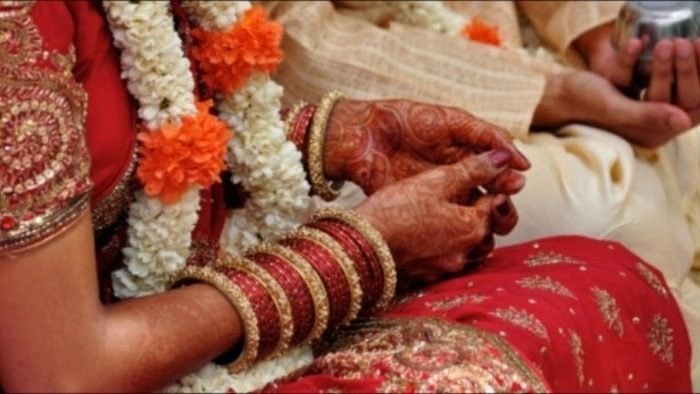
Representative image of marriage.
Credit: iStock Photo
The directives issued by the Supreme Court aimed at strengthening the Prohibition of Child Marriage Act (PCMA), 2006, and the court’s observations on the matter reflect its concern over the continuance of the practice in most parts of the country. They are also a comment on the poor enforcement of the law. The court noted that child marriages “adversely affected” both sexes. “Girls who are married off early are not only denied their childhood but are also forced into social isolation…Boys who are married early are forced to take up more responsibilities… earlier in life,” it said. Observing that child marriage strips children of their “agency, autonomy, and right to fully develop and enjoy their childhood,” the court issued a number of guidelines including the appointment of Child Marriage Prohibition Officers at the district level, use of special Juvenile Police Units to prevent child marriages, empowerment of magistrates and setting up of special fast track courts to deal with such cases.
The court also asked parliament to consider banning child betrothals by amending the PCMA. International law bans betrothals of minors. Betrothals are also used to evade penalty under the law. “While a betrothed child may be a child in need of care and protection under the Juvenile Justice Act, the practice requires targeted remedies for its elimination,” the court said. The PCMA considers child marriage a criminal offence and girls below the age of 18 and boys under 21 are deemed to be children. The court also dealt with the relationship between personal laws and the PCMA. It said that the government had requested it to direct that the PCMA prevails over personal laws. But it noted that a bill to amend the PCMA, providing for supremacy of the law over personal laws, which was introduced in parliament in 2021, was still pending consideration after being referred to a standing committee. The government has been keen on ensuring that legislations prevail over personal laws, as seen by the outlawing of triple talaq and the push for a uniform civil code. But the court has pointed out that it did not push a bill which had a provision which the government wanted the court to enforce by a directive.
Child marriage is not a practice exclusive to one religion or community. It is widely practised in all communities. While the State may need to take more steps to enforce the law and the court can help with guidelines and directives, the real solution to the problem lies beyond laws and their enforcement. Backwardness, poverty and lack of education are the real reasons for child marriages. Empowerment through education and self-reliance, especially of girls, is the key to ending child marriages.